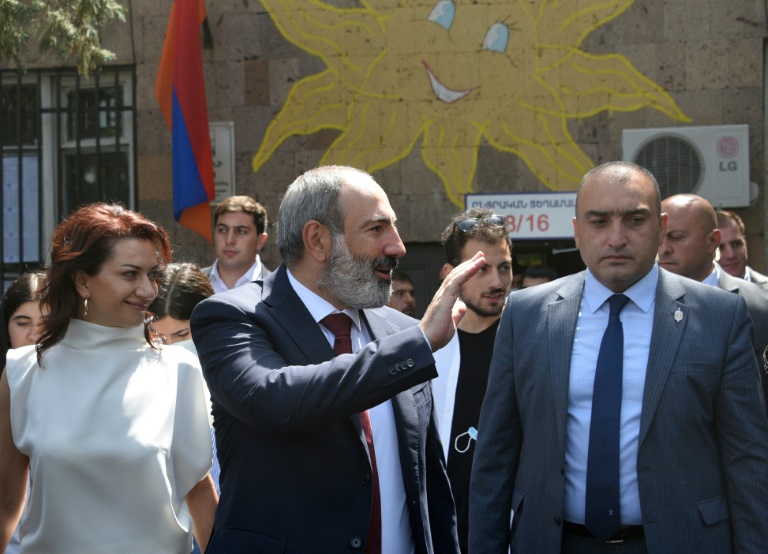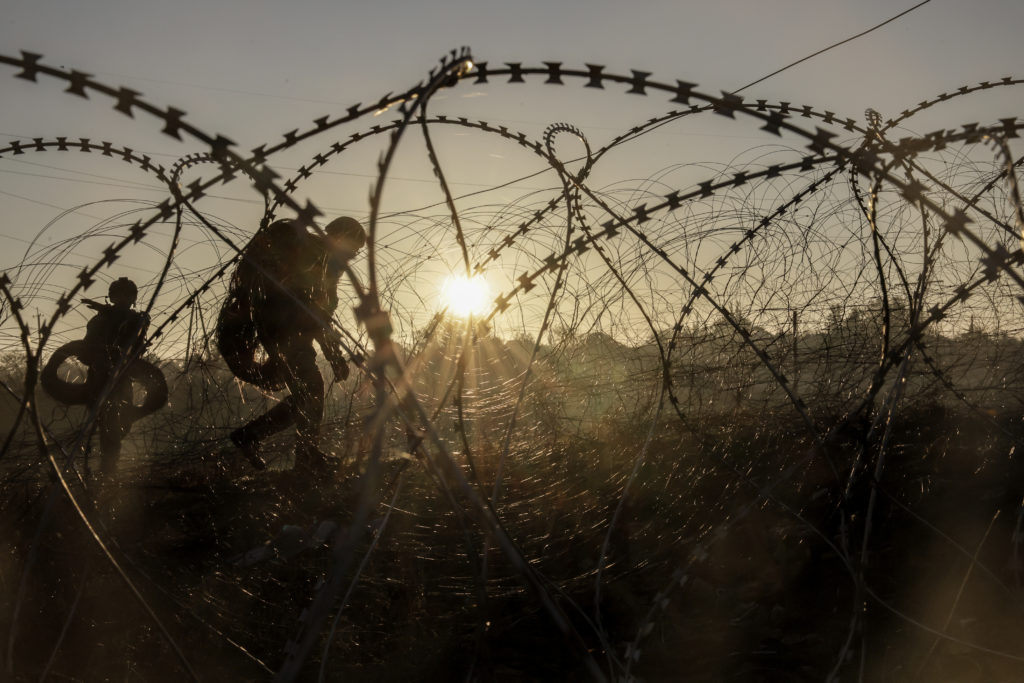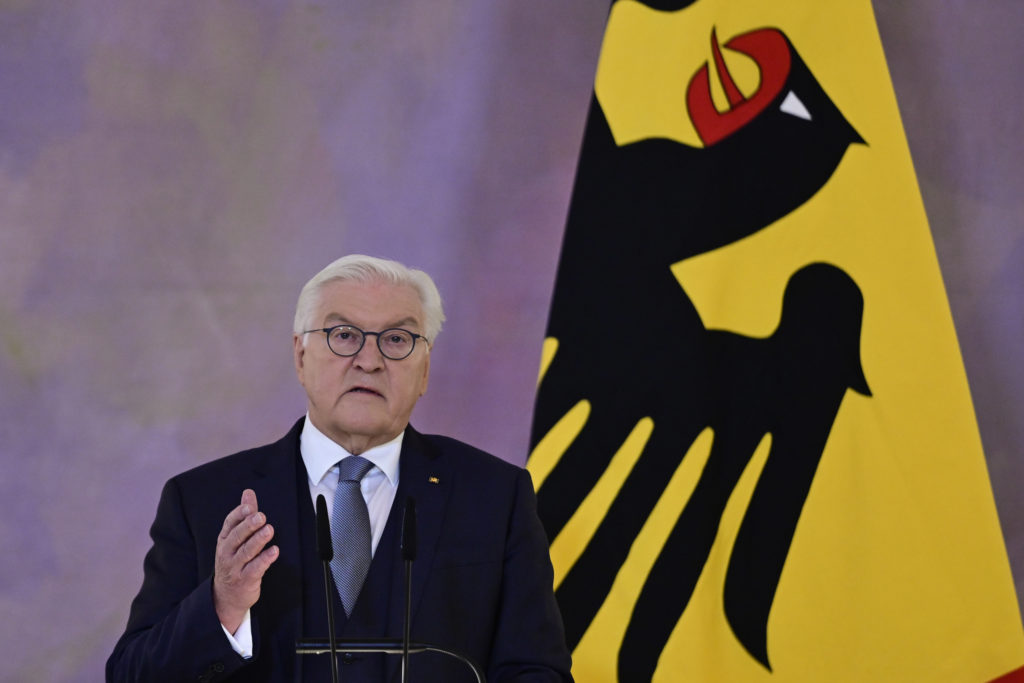Armenians voted Sunday in early parliamentary elections called by Prime Minister Nikol Pashinyan in an attempt to heal divisions after a disastrous war with Azerbaijan and renew his mandate.
But the reformist leader, who spearheaded peaceful protests in 2018, has lost much of his appeal after a humiliating defeat last year to Azerbaijan over a decades-old territorial dispute and is in a tight race with former president Robert Kocharyan.
“The destiny of our Armenian nation will be decided today,” said one voter, 73-year-old Emma Sahakyan.
Analysts say the election result is hard to predict, with both Pashinyan and Kocharyan drawing massive crowds on the eve of the polls and planning four days of rallies after the vote.
The election in the South Caucasus country of three million people is being watched by Armenia’s Soviet-era master Moscow, arch foe Baku and Ankara, which backed Azerbaijan in the six-week war over the breakaway region of Nagorno-Karabakh.
Kocharyan, who hails from Karabakh and was in power between 1998 and 2008, appeared in good spirits as he showed up at a Yerevan polling station.
“I voted for worthy peace and economic growth,” he said.
Pashinyan wrote on Facebook: “I am voting for the future of our state and people, for the development of Armenia.”
During a campaign marred by polarising rhetoric, he said he expected his Civil Contract party to secure 60 percent of the vote, though some pollsters say those estimates are far-fetched.
– ‘Against old ways’ –
One voter, Anahit Sargsyan, said the prime minister deserved another chance, adding she feared the return of the old guard whom she accused of plundering the country.
“I voted against a return to the old ways,” said the 63-year-old former teacher.
Another voter, Vardan Hovhannisyan, said he cast his ballot for Kocharyan, who counts Russian leader Vladimir Putin among his friends.
“I voted for secure borders, solidarity in society, the return of our war prisoners, the well-being of the wounded and a strong army,” said the 41-year-old musician.
Despite stifling heat, turnout stood at nearly 27 percent as of 2 pm, election officials said.
Critics accuse Pashinyan of ceding territory in and around Karabakh to Azerbaijan in a humiliating truce agreement and of failing to deliver reforms.
Pashinyan says he had to agree to the Moscow-brokered truce with Azerbaijan in order to prevent further human and territorial losses.
More than 6,500 people were killed in the war, according to the latest official figures from Armenia and Azerbaijan.
Besides Kocharyan, two other leaders of post-Soviet Armenia are backing parties in the race. All three are in opposition to Pashinyan.
On Sunday, Kocharyan’s electoral bloc alleged election irregularities and said the security service searched its campaign offices in the southern town of Sisian.
One Pashinyan opponent said that a military commander in the country’s northeast pressured subordinates to back the prime minister.
More than a decade ago, Kocharyan was himself accused of rigging a presidential election in favour of his hand-picked ally and presiding over a deadly crackdown on protesters in 2008.
Armenia has been praised internationally for holding its first free and fair vote under Pashinyan in 2018.
– Venomous campaign –
A venomous campaign saw candidates exchange insults and threats. Pashinyan, 46, brandished a hammer at rallies, while Kocharyan, 66, said he would be ready to fight the prime minister in a duel.
A poll released Friday by MPG, a group affiliated with Gallup International Association, showed Kocharyan’s Armenia bloc leading narrowly with 28.7 percent to 25.2 percent for Pashinyan’s party.
Following in third with 10.8 percent was an alliance linked to Pashinyan’s predecessor Serzh Sargsyan.
A record four electoral blocs and 21 parties are running for election but only a handful are expected to win seats in parliament.
Around 2.6 million people are eligible to vote to elect for a five-year term the minimum number of 101 parliament members under a proportional electoral system.
A winning party needs to obtain at least 50 percent of seats plus one and can be assigned additional seats in order to form a government.
Polls will close at 1600 GMT in an election being monitored by observers from the Organisation for Security and Cooperation in Europe.










